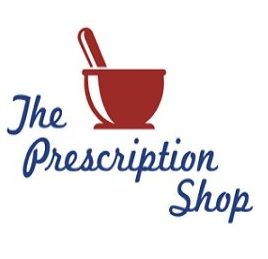1. Keep a regular sleep–wake schedule, 7 days per week.
2. Restrict the sleep period to the average sleep time you have obtained each night over the preceding week.
3. Avoid sleeping in, extensive periods of horizontal rest or daytime napping; these activities usually affect the subsequent night’s sleep.
4. Get regular exercise every day: about 40 minutes of an activity with sufficient intensity to cause sweating. If evening exercise prevents sleep, schedule the exercise earlier in the day.
5. Avoid caffeine, nicotine, alcohol and other recreational drugs, all of which disturb sleep. If you must smoke do not do so after 7:00 p.m.
6. Plan a quiet period before lights out; a warm bath may be helpful.
7. Avoid large meals late in the evening; a light carbohydrate snack (e.g., crackers and warm milk) before bedtime can be helpful.
8. Turn the clock face away and always use the alarm. Looking at the clock time on awakening can cause emotional arousal (performance anxiety or anger) that prevents return to sleep.
9. As much as possible, keep the bedroom dark and soundproofed. If you live in a noisy area, consider ear plugs.
10. Use the bedroom only for sleep and intimacy; using the bed as a reading place, office or media centre conditions you to be alert in a place that should be associated with quiet and sleep. If you awaken during the night and are wide awake, get up, leave the bedroom and do something quiet until you feel drowsy-tired, then return to bed.
Note: Pharmacologic (or any) interventions will be less effective if these guidelines are not followed. In mild cases of insomnia, sleep hygiene guidelines, practised consistently and together, may be sufficient to reinstate a normal sleep pattern.
Therapeutic Choices. © Canadian Pharmacists Association, 2013. All rights reserved.

